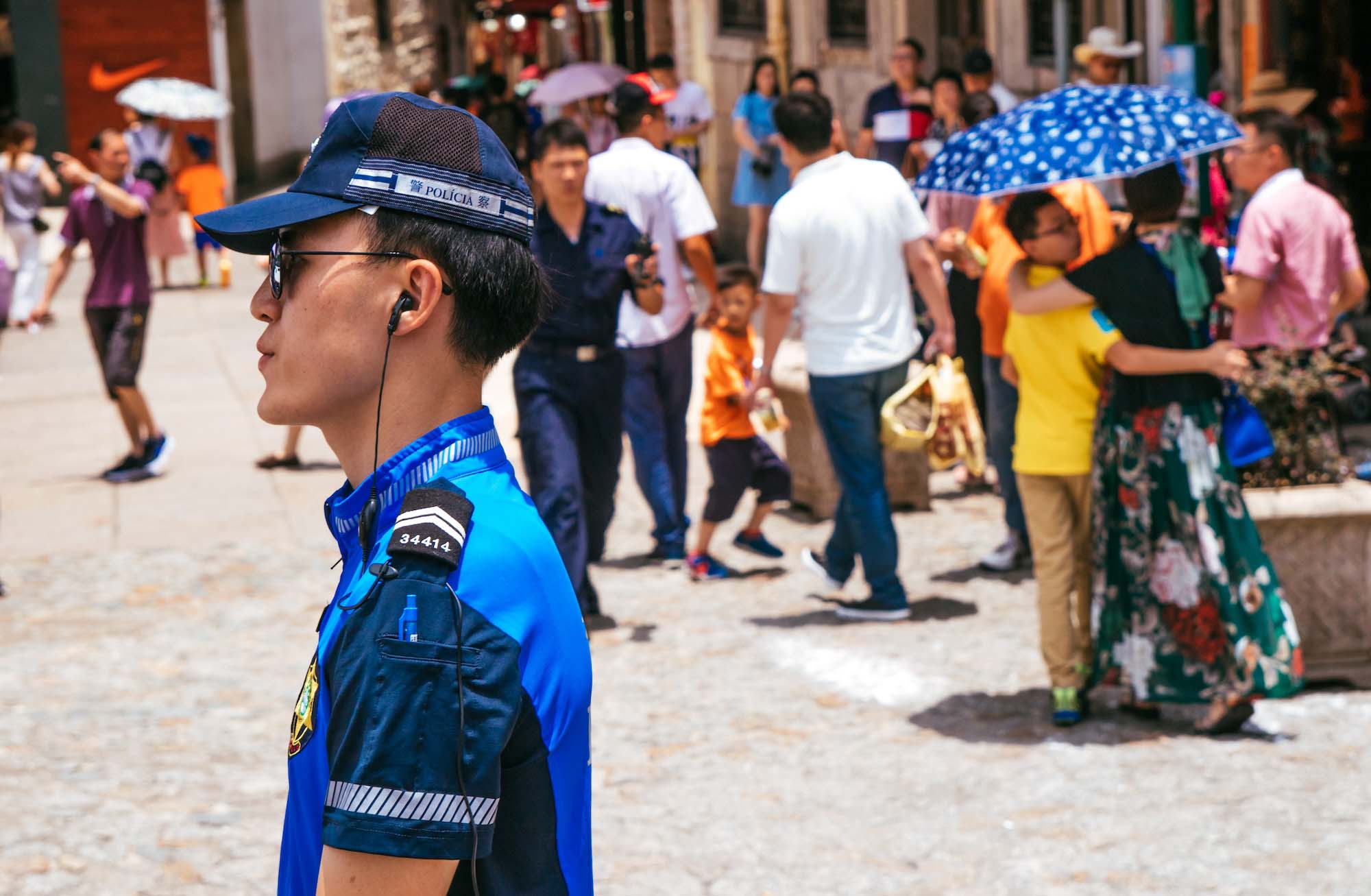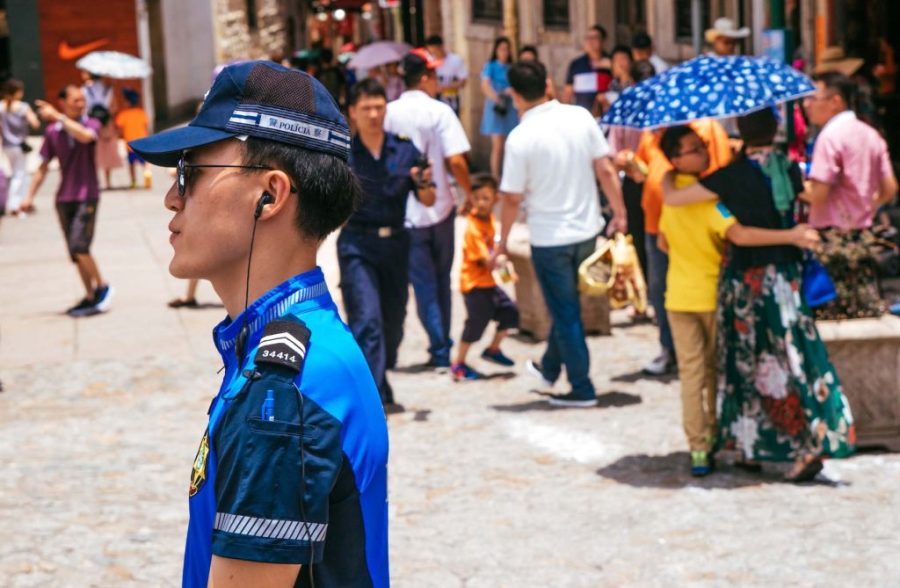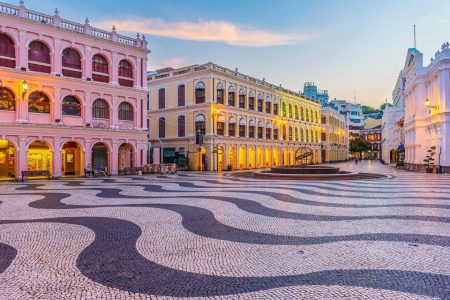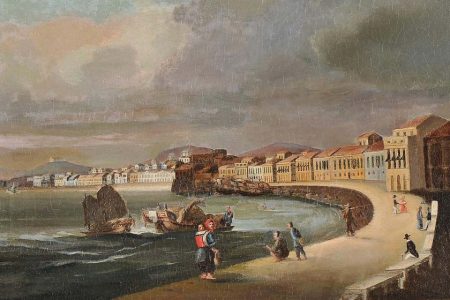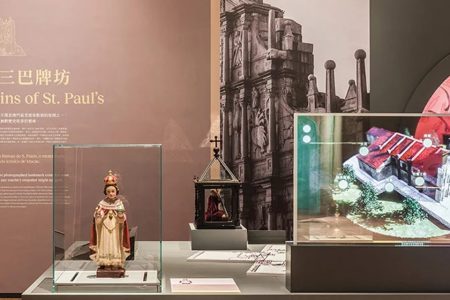Strolling Macao’s streets today, witnessing locals’ dedication to proper use of pedestrian crossings, it’s hard to imagine the city as anything but a paragon of law and order. But that’s been far from the case for much of Macao’s history – which is strewn with daredevil pirates, violent gangsters, and the seediness often associated with gambling towns.
Most people would agree that the SAR has successfully shaken off an unflattering reputation as Asia’s “Sin City,” however. Spencer Li, professor of Sociology and Criminology at the University of Macau, says these days “Macao has a relatively low crime rate, which is comparable but slightly higher than the rates in Hong Kong, Taiwan, and South Korea,” he says.
[See more: Is Macao becoming a hub for drug trafficking?]
To compare Macao with its US gambling counterpart Las Vegas, FBI data shows the casino-centric desert city recorded more than 8,800 violent crimes (the likes of assault and robbery) in 2019. That’s more than 530 incidents per 100,000 people. That same year, Macao officially saw less than 700 such crimes – equating to a ratio of just 99 per 100,000.
Macao is also perceived as safe by foreign governments. Travel advisories issued by the US and Australia acknowledge the SAR has low violent crime rates, though they do warn visitors to be wary of pickpockets and drink-spiking in busy touristic areas – and to steer clear of violating national security laws.
What was crime like in Macao in the past?
There was a lot more to worry about a few centuries ago. Piracy’s history in Macao is as old as the city itself: there’s evidence of it happening as far back as the Yuan Dynasty (1271-1368).
Unlike Jack Sparrow and other cinematic pirates gracing our screens these days, Macao’s pirates weren’t redeemed by any trappings of romance. In fact, they were brutal, homicidal seafarers who tormented the Pearl River trade routes. Extortion, kidnappings, robbery and murder were not uncommon in the waters surrounding Macao between the 16th and 19th centuries, due to the irresistibly vast piles of riches (in the form of silver and silks, opium and porcelain) almost guaranteed to be aboard passing vessels.
In his 1830 confession of murder to authorities, a 34-year-old buccaneer from Guangdong province graphically recalls looting a “foreign sampan” and killing its entire crew – then tossing their bodies into the sea. Interestingly, the pirates involved in this incident were both Chinese and foreign (as were their victims).
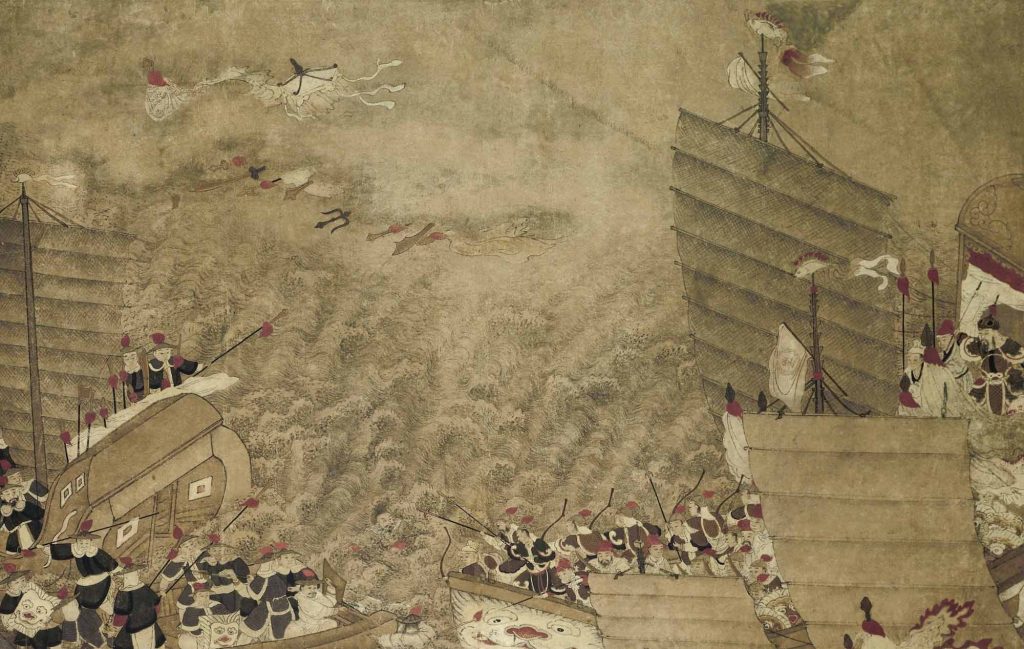
While sea banditry tends to be considered a male-dominated industry, Macao was home to fierce female pirates, too. The 19th-century marauder Zhengyi Sao, for example, is said to have commanded a confederation of up to 60,000 fellow pirates in the early 19th century. She was married to not one but two notorious pirate men, Zheng Yi and Zhang Baozai. The latter, somewhat ironically, spent his later years battling pirates on behalf of the Qing dynasty’s Guangdong navy.
[See more: Macao’s crime rate hasn’t returned to pre-pandemic levels]
Piracy still posed challenges into the 20th century. One of the territory’s most famous cases of it happened in 1910, when pirates kidnapped a number of wealthy Chinese school children and held them hostage in Coloane. In the end, the Portuguese military was called in to secure the children’s freedom. Today, you can visit a stone monument to the victory near the Chapel of St Francis Xavier.
While the “good guys” won, the battle was not without civilian casualties. Piracy expert Robert J. Antony told Portuguese media in 2009 that “probably a good number of innocent people were also killed during the fighting…[as] there was a very strong link between the pirates and the local community.”
Are there triad gangs operating in Macao?
Fast forward just a few decades and crime came ashore. After the founding of the People’s Republic, secretive Chinese criminal syndicates – known as triads (黑社會, or hei she hui in Chinese) – fled the mainland for Macao, Hong Kong and other offshore Chinese communities They largely avoided the limelight until the nineties, when what’s now known as the triad wars resulted in a spate of high-profile murders.
But homicide was just the bloody tip of the iceberg. Triads also engaged in kidnapping, fraud, prostitution, smuggling, extortion, money laundering and more. As the city’s casinos grew, so too did the problem posed by triad groups like 14K, Shui Fong, Sun Yee On and Wo On Lok. Their bigwigs encroached on the high-stakes VIP gambling rooms and as each fought for a bigger slice of the action, underground frictions between rival triads boiled over into open conflict.
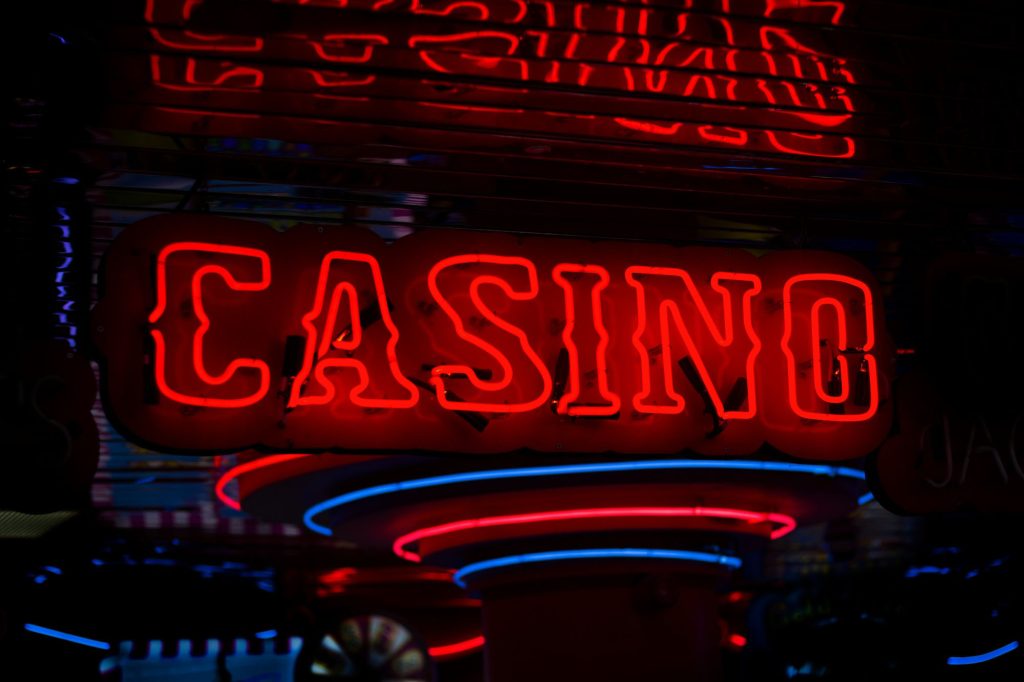
Macao’s crime rate increased by 55 percent between 1994 and 1999, official records show. In 1998, a triad member shot one of the Gambling Inspectorate’s high-ranking officials dead in broad daylight in front of the Military Club. That same year, gambling tycoon Yip Hon’s grandson was shot in the stomach during a botched kidnapping. He survived after driving his attackers off with a blaze of retaliatory bullets.
[See more: Juvenile crime is on the rise in Macao, official data reveals]
A key player in Macao’s gangland warfare was the larger-than-life Wam Kuok-koi, better known as Broken Tooth. This Al Capone-esque figure was finally apprehended in the late 1990s after an alleged assassination attempt on the head of Macao’s Judiciary Police (a man tough enough to be nicknamed Rambo).
While Broken Tooth’s role in that crime – a car bombing, if you’re wondering – was never proven, his arrest led to conviction on a myriad of other transgressions including illegal arms sales to North Korea. Broken Tooth was released from prison in 2012.
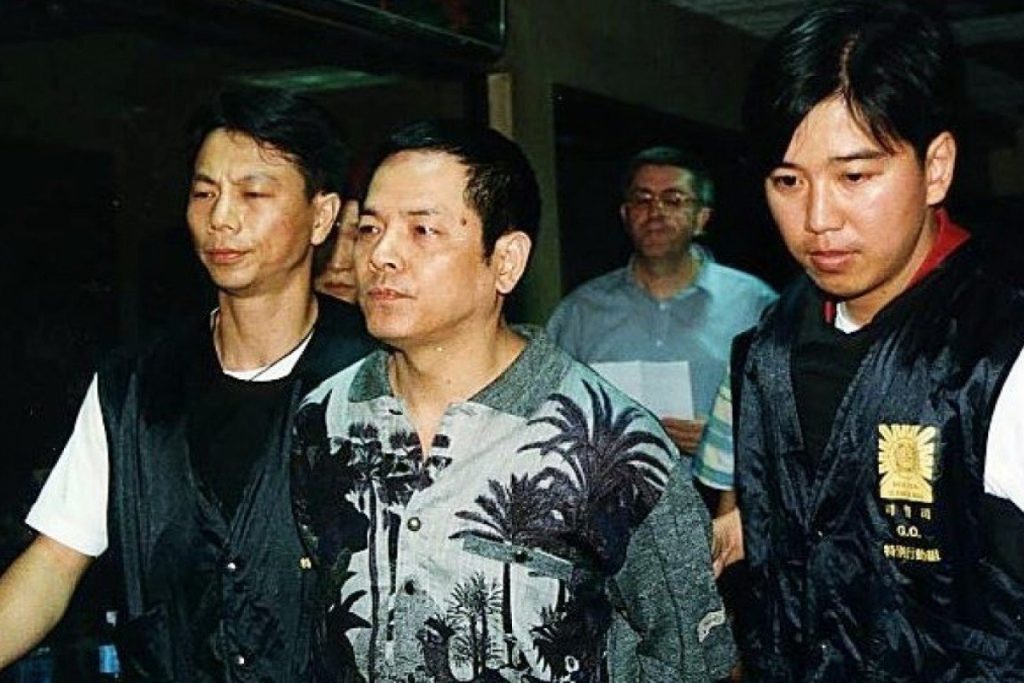
Is Macao a safe place today?
Since Macao’s 1999 handover from Portugal to China, the government has cracked down heavily on organised crime. While triads still exist, Li says they operate at a much lower level today. “Instead of fighting on the streets, they have gone back underground, making a living primarily through running illegal businesses,” he explains.
As a result, Macao feels like a far less perilous place in 2024 than it did in 1998 – or during its pirate era, for that matter. In terms of locals’ perceptions of safety, the quality of life comparison site Numbeo offers insights. According to contributors’ responses to a survey, worries about being mugged, assaulted and having your car (or things in it) stolen are either “low” or “very low” in Macao. So is being negatively targeted for your ethnicity, gender or religion.
[See more: The gaming king who amassed a fortune but lost his ear in Macao]
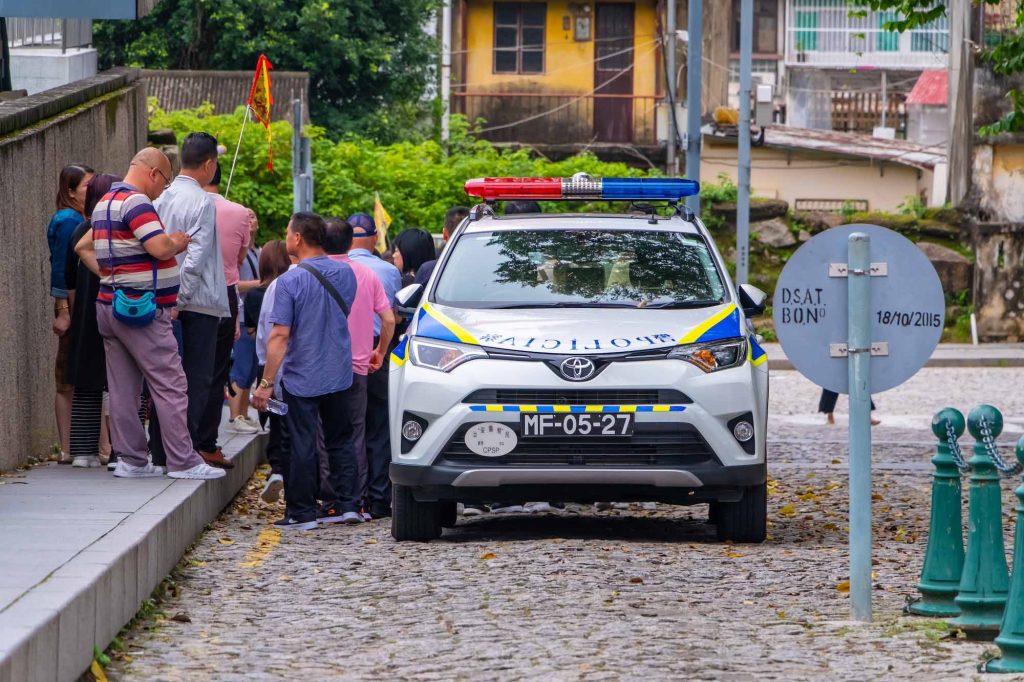
Crimes on the rise include telecommunication scams, internet fraud and illegal currency exchange (with a side of drug trafficking). Indeed, Li notes that Macao’s relatively high income levels have made it a prime target for scammers motivated by the considerable sums they can swindle from unsuspecting residents.
Not unlike its piracy days, in some ways – though with significantly less risk to life and limb.
